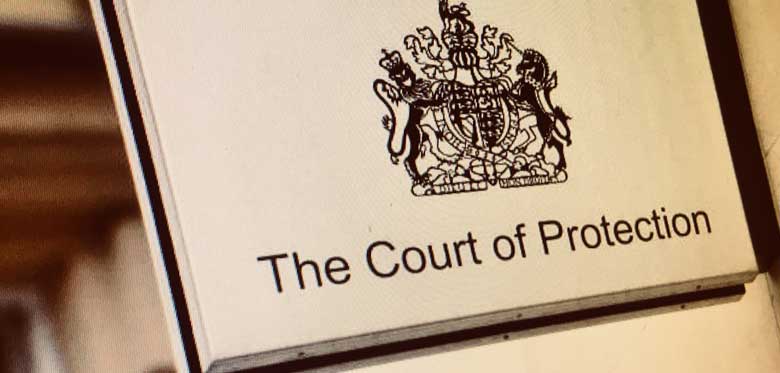The Liberty Protection Safeguards (LPS), designed to replace the Deprivation of Liberty Safeguards (DoLS), were due to be implemented later this year in October 2020. However following a recent government announcement, the LPS Scheme has now been delayed with a timescale for implementation in April 2022.
Similar to DoLS, the LPS will provide the statutory framework for authorising arrangements enabling a person’s care or treatment, where they lack the mental capacity to consent to their confinement, which give rise to a deprivation of their liberty.
The LPS is designed to reform DoLS in that where DoLS only applies to people confined to hospitals and care homes, the LPS can be applied to wider settings, such as people confined in supported living and private and domestic settings. In addition, the LPS will apply to people aged 16 and over (in line with the Mental Capacity Act 2005), whereas DoLS currently only applies to persons aged 18 and over.
The LPS will therefore provide more flexibility than DoLS, in that it is designed to protect a wider circumference of people, who cannot consent to their care arrangements and are deprived of their liberty (i.e. their care arrangements mean that they are subject to continuous supervision and control, and not free to leave the placement). There is no additional statutory definition of a ‘deprivation of liberty' and the ‘acid test’ in the Cheshire West and Surrey Supreme Court judgment of March 2014 still applies. Under LPS, care arrangements will be assessed to ensure that they are necessary, proportionate and also in the person’s best interests.
Where the person being deprived of their liberty objects to the care arrangements, then a more thorough review of the case must be carried out by an approved mental capacity professional.
As under DoLS, a deprivation can be for a maximum of one year initially. Under LPS, this can be renewed initially for one year, but subsequently for up to three years. This has attracted concerns that the review of care arrangements is too irregular and it may lead to significant delays in identifying any issues.
Again, as under DoLS, an application to the Court of Protection can be made to determine any disputes or appeals.
Whilst the LPS were designed to reform DoLS, it will now be at least a further two years before this comes into effect. It has been announced that the Government will also undertake a public consultation on the draft regulations and a new code of practice for the LPS will be produced.
It is reported that the delay in the LPS coming into force is due to the sheer volume of work still required before implementation. It has been said that the delay will now provide additional time for organisations to prepare for the LPS coming into force, such as the NHS, local authorities, care home managers and care providers – who will now be under less pressure to adapt to their new responsibilities by the original implementation date of October 2020. It is a delay that will be welcomed by most, as it is crucial that there is proper understanding of the new LPS system and sufficient time for training to be undertaken.
However, with a backlog of applications to be made to the Court of Protection to authorise the deprivations of liberty outside of the DoLS system (people who are deprived of their liberty in their own home or supported living placements, for example), the delay may mean that there is an increasing risk of people being unlawfully deprived of their liberty without authorisation.
It is also important to make clear that the current system for authorisation will continue in the meantime (under the DoLS system and COPDOL11 applications to the Court of Protection), and any deprivation of liberty which is not correctly authorised would amount to a break of the individual’s right to liberty under Article 5 of the European Convention of Human Rights.
Click here to read our “Guide to deprivation of liberty - DoLS explained”
Should you require any advice or assistance in relation to a deprivation of liberty matter, please do not hesitate to contact our specialist Court of Protection and community care team who have extensive knowledge and expertise in this area, on 01616 966 229.




Comments